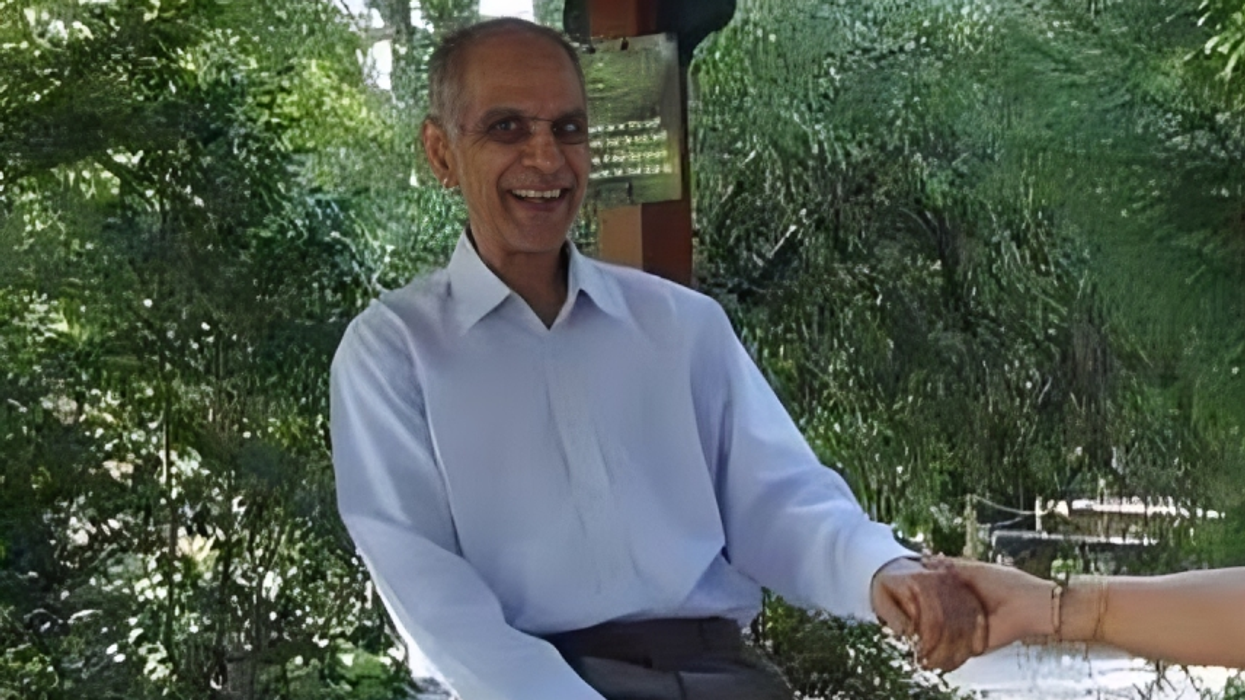A 15-YEAR-OLD boy racially taunted and attacked 80-year-old Bhim Kohli in a Leicester park before falsely claiming he had threatened a girl with a knife, Leicester Crown Court has heard.
The court was told the boy kicked and punched Kohli to death and slapped him in the face with a shoe while he was on his knees. A 13-year-old girl allegedly encouraged the violence and filmed it on her phone while laughing, the BBC reported.
The attack took place on 1 September last year in Franklin Park, Braunstone Town, Leicestershire. Kohli, who had left his home to walk his dog, was confronted by the teenagers.
Prosecutor Harpreet Sandhu KC said the boy put on a balaclava before launching the attack, during which Kohli suffered a neck injury causing spinal cord damage, along with fractured ribs. He died in hospital the next day.
Jurors heard the boy later sent a message claiming Kohli had pulled a knife on a girl, but no knife was found at the scene, and his family said he had never carried one.
Following the attack, the boy messaged his mother saying he would not be coming home and later searched online for news about the incident. He also created a Snapchat group with three other children who were in the park and asked which of them had been arrested.
A letter written by the boy after his arrest was presented in court, in which he admitted to the attack and said he had been struggling emotionally.
When told the letter could be disclosed, he reportedly said, "that's my manslaughter plea gone."
Both defendants deny the charges. The trial is expected to last six to eight weeks.

